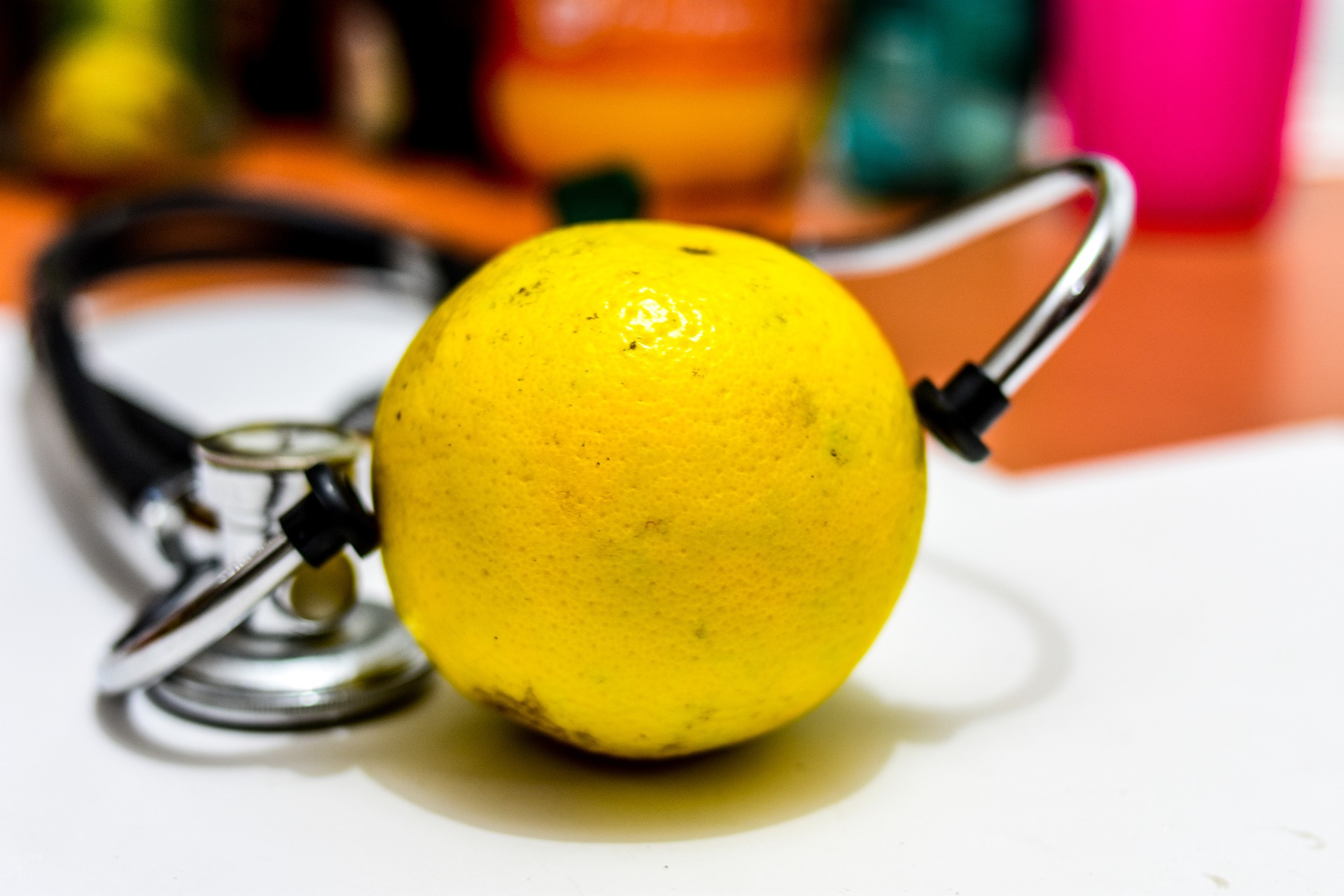Which Vitamins Help Relieve Tinnitus?
Tinnitus affects millions of people worldwide, causing persistent ringing, buzzing, or humming sounds in the ears without an external source. While there's no universal cure, certain vitamins and nutrients have shown promise in managing symptoms and supporting overall ear health. Understanding which vitamins may help with tinnitus relief can provide valuable insight for those seeking natural approaches to complement traditional treatment methods.

Tinnitus presents as phantom sounds in the ears that can significantly impact quality of life. The condition varies widely among individuals, with some experiencing mild intermittent sounds while others deal with constant, debilitating noise. Research suggests that nutritional deficiencies may contribute to tinnitus development, making vitamin supplementation a potential avenue for symptom management.
Tinnitus Treatment Options Through Nutritional Support
Vitamin B12 stands out as one of the most researched nutrients for tinnitus relief. Studies indicate that B12 deficiency correlates with increased tinnitus severity, particularly in older adults. This vitamin supports nerve function and myelin production, which are crucial for healthy auditory processing. Supplementation may help reduce symptom intensity in individuals with documented B12 deficiency.
Magnesium represents another promising option for tinnitus management. This mineral plays a vital role in nerve transmission and blood vessel function within the inner ear. Research suggests that magnesium deficiency may increase susceptibility to noise-induced hearing damage and tinnitus. Supplementation has shown potential benefits, especially for those with noise-related tinnitus.
Zinc deficiency has been linked to various hearing disorders, including tinnitus. This essential mineral supports immune function and cellular repair processes in the auditory system. Some studies indicate that zinc supplementation may provide relief for individuals with both tinnitus and documented zinc deficiency.
Tinnitus Causes and Symptoms Related to Nutritional Factors
Tinnitus can stem from numerous underlying causes, with nutritional deficiencies representing one contributing factor. Age-related hearing loss, noise exposure, ear infections, and certain medications commonly trigger tinnitus symptoms. However, inadequate nutrition may exacerbate these conditions or independently contribute to auditory dysfunction.
Vitamin D deficiency has emerged as a potential risk factor for hearing problems, including tinnitus. This vitamin supports calcium absorption and bone health, which are essential for proper inner ear function. The tiny bones in the middle ear require adequate calcium levels to transmit sound effectively.
Antioxidant vitamins, including vitamins C and E, may help protect against oxidative stress in the auditory system. Free radical damage can contribute to age-related hearing loss and potentially worsen tinnitus symptoms. These vitamins work together to neutralize harmful compounds that could damage delicate ear structures.
Folic acid, another B vitamin, supports nerve function and cellular repair. Some research suggests that folate deficiency may be associated with age-related hearing loss and tinnitus, though more studies are needed to establish definitive connections.
How to Stop Tinnitus Naturally with Vitamin Supplementation
Natural approaches to tinnitus management often focus on addressing underlying nutritional deficiencies and supporting overall ear health. Before starting any supplementation regimen, consulting with a healthcare provider is essential to identify potential deficiencies through proper testing.
A comprehensive approach typically includes a balanced diet rich in vitamins and minerals alongside targeted supplementation when deficiencies are identified. Foods high in B vitamins, such as leafy greens, fish, and fortified cereals, can support auditory nerve health. Magnesium-rich foods like nuts, seeds, and whole grains may help maintain proper nerve function.
| Vitamin/Mineral | Recommended Daily Amount | Food Sources | Potential Tinnitus Benefits |
|---|---|---|---|
| Vitamin B12 | 2.4 mcg | Fish, meat, dairy products | Nerve function support |
| Magnesium | 310-420 mg | Nuts, seeds, leafy greens | Nerve transmission, blood flow |
| Zinc | 8-11 mg | Oysters, beef, pumpkin seeds | Immune function, cellular repair |
| Vitamin D | 600-800 IU | Fatty fish, fortified foods | Bone health, calcium absorption |
Lifestyle modifications complement vitamin supplementation in natural tinnitus management. Stress reduction techniques, adequate sleep, and regular exercise support overall health and may indirectly benefit tinnitus symptoms. Avoiding excessive noise exposure and managing underlying health conditions also play crucial roles in comprehensive tinnitus care.
While vitamins and minerals show promise for tinnitus relief, individual responses vary significantly. What works for one person may not be effective for another, highlighting the importance of personalized approaches to treatment. Patience is often required, as nutritional interventions may take several weeks or months to show noticeable effects.
The relationship between nutrition and tinnitus continues to evolve as researchers explore new connections between dietary factors and auditory health. Current evidence suggests that maintaining adequate vitamin levels, particularly B12, magnesium, and zinc, may provide benefits for some individuals with tinnitus. However, vitamin supplementation should complement, not replace, conventional medical care for this complex condition.
This article is for informational purposes only and should not be considered medical advice. Please consult a qualified healthcare professional for personalized guidance and treatment.




